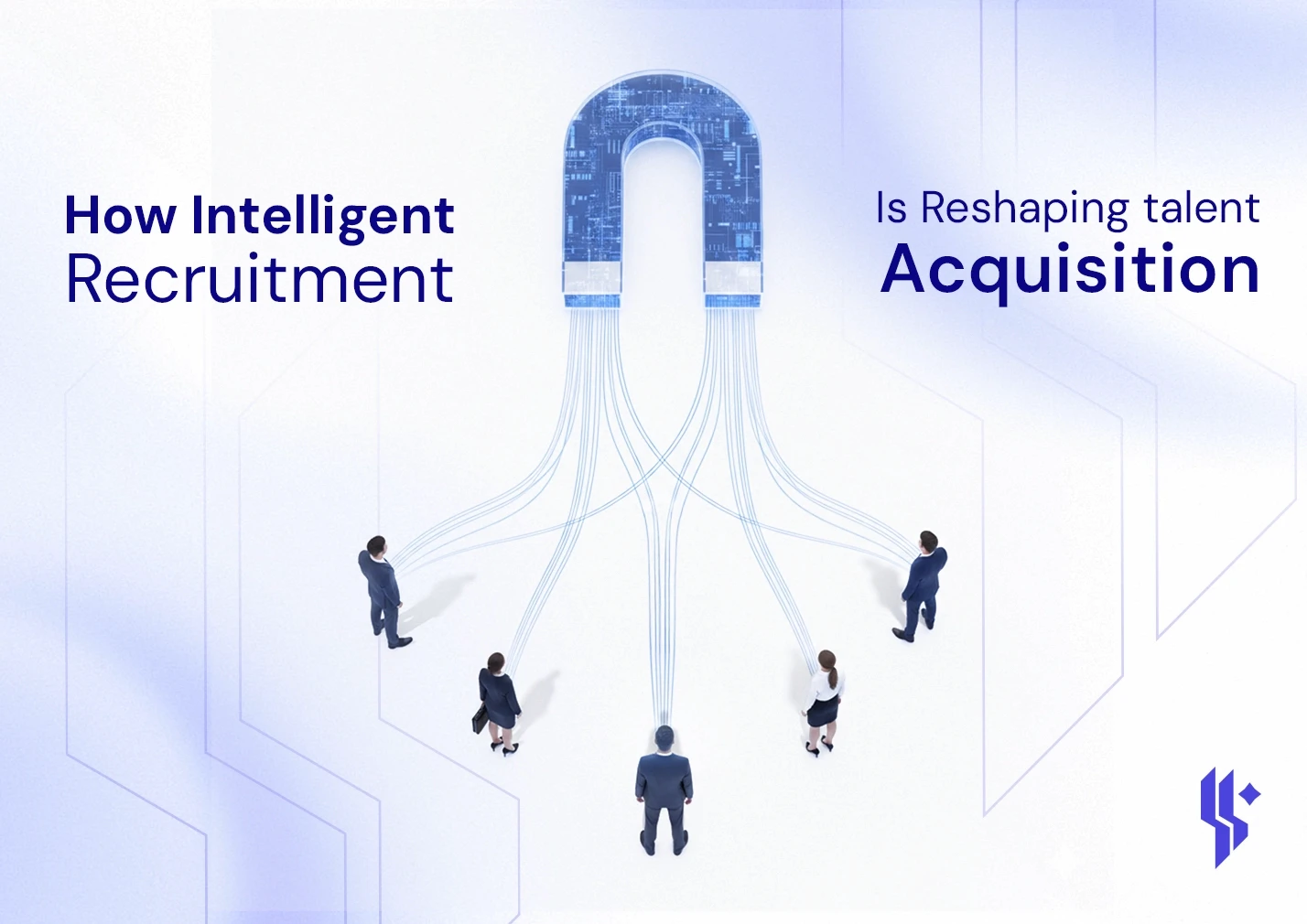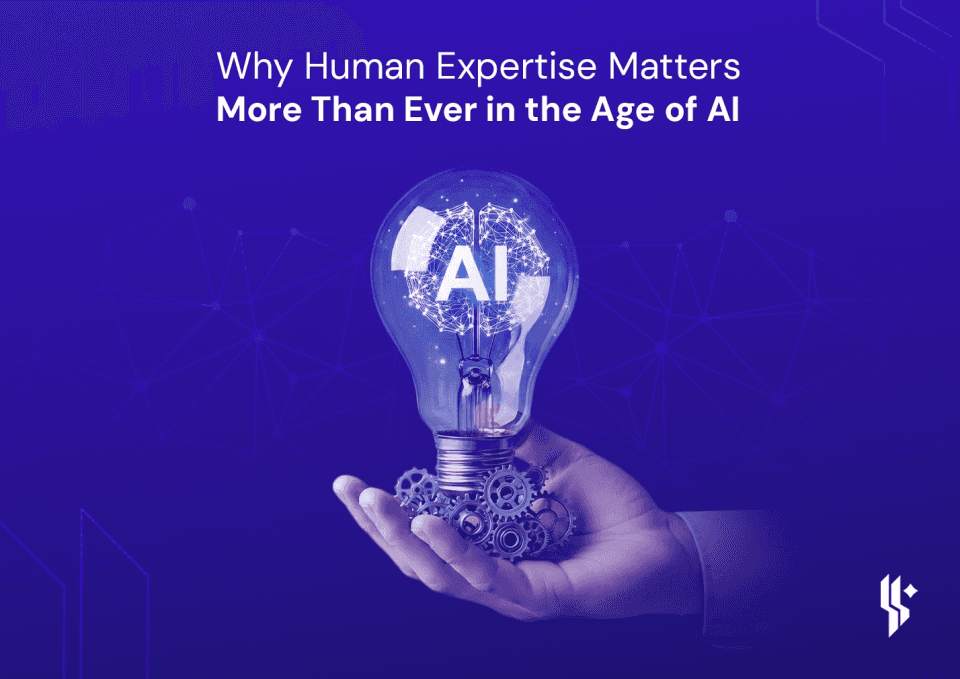Wynt Blog
Find an Article
Wynt Blog
Find an Article
Wynt Blog

Sep 18, 2025
Why Meta’s Superintelligence Labs Is Losing Top AI Talent Fast
In June 2025, Mark Zuckerberg launched Meta Superintelligence Labs (MSL), an ambitious push aimed at bringing personal superintelligence to reality.
The new division, led by Alexandr Wang, was organized into four teams: the foundation-building TBD Lab, fundamental AI research (FAIR), applied products, and infrastructure.
As expectations soared, Meta spared no expense. Reports estimate signing bonuses and contracts reaching nine figures, even rivaling NBA star salaries.
MSL recruited dozens of high-profile researchers in a torrid hiring spree.
But just two months after the launch, the shine began to fade. Three high-profile researchers, Avi Verma, Ethan Knight, and Rishabh Agarwal, resigned within weeks. Verma and Knight even returned to OpenAI.
Agarwal posted on X that, despite the allure, he preferred a “different kind of risk” over an “incredibly compelling” offer.
Meta also lost long-time AI leader Chaya Nayak, a decade-long veteran, who is set to join OpenAI’s “special initiatives” team. Multiple seasoned researchers, including Loredana Crisan and others, followed suit.
Even Shengjia Zhao, initially part of MSL and a co-creator of ChatGPT, nearly left within days, prompting Zuckerberg to step in and appoint him as chief AI scientist.
What explains this exodus?
As reported by analysts and insiders, it wasn't about money, it was about culture, leadership, and autonomy.
Many talents return to stable and mission-aligned environments like OpenAI.
Others find MSL’s bureaucratic overhauls, four reorganizations in six months, and leadership turbulence disheartening.
⸻
AI Talent Today , What Really Matters
Vision and mission alignment: Researchers gravitate to workplaces where long-term goals matter more than short-term gains.
• Organizational stability: Frequent restructuring and power plays undermine trust and clarity.
• Leadership quality and autonomy: Talent wants freedom to innovate, not constant top-down oversight.
• Workplace culture: Large financial offers can't replace an environment that supports creativity and integrity.
⸻
What This Means for Wynt.ai and Beyond
Wynt.ai believes true innovation thrives when talent is nurtured, not lured with big cheques alone.
Building a culture that values autonomy, purpose, and consistency will attract and retain the best minds.
As the AI talent war intensifies, winning isn't just about budgets, it’s about people.
Have More Questions?
Reach out Through
Latest Articles
Stay Updated with Our Latest Insights

Sep 18, 2025
Why Meta’s Superintelligence Labs Is Losing Top AI Talent Fast
In June 2025, Mark Zuckerberg launched Meta Superintelligence Labs (MSL), an ambitious push aimed at bringing personal superintelligence to reality.
The new division, led by Alexandr Wang, was organized into four teams: the foundation-building TBD Lab, fundamental AI research (FAIR), applied products, and infrastructure.
As expectations soared, Meta spared no expense. Reports estimate signing bonuses and contracts reaching nine figures, even rivaling NBA star salaries.
MSL recruited dozens of high-profile researchers in a torrid hiring spree.
But just two months after the launch, the shine began to fade. Three high-profile researchers, Avi Verma, Ethan Knight, and Rishabh Agarwal, resigned within weeks. Verma and Knight even returned to OpenAI.
Agarwal posted on X that, despite the allure, he preferred a “different kind of risk” over an “incredibly compelling” offer.
Meta also lost long-time AI leader Chaya Nayak, a decade-long veteran, who is set to join OpenAI’s “special initiatives” team. Multiple seasoned researchers, including Loredana Crisan and others, followed suit.
Even Shengjia Zhao, initially part of MSL and a co-creator of ChatGPT, nearly left within days, prompting Zuckerberg to step in and appoint him as chief AI scientist.
What explains this exodus?
As reported by analysts and insiders, it wasn't about money, it was about culture, leadership, and autonomy.
Many talents return to stable and mission-aligned environments like OpenAI.
Others find MSL’s bureaucratic overhauls, four reorganizations in six months, and leadership turbulence disheartening.
⸻
AI Talent Today , What Really Matters
Vision and mission alignment: Researchers gravitate to workplaces where long-term goals matter more than short-term gains.
• Organizational stability: Frequent restructuring and power plays undermine trust and clarity.
• Leadership quality and autonomy: Talent wants freedom to innovate, not constant top-down oversight.
• Workplace culture: Large financial offers can't replace an environment that supports creativity and integrity.
⸻
What This Means for Wynt.ai and Beyond
Wynt.ai believes true innovation thrives when talent is nurtured, not lured with big cheques alone.
Building a culture that values autonomy, purpose, and consistency will attract and retain the best minds.
As the AI talent war intensifies, winning isn't just about budgets, it’s about people.
Have More Questions?
Reach out Through

Sep 18, 2025
Why Meta’s Superintelligence Labs Is Losing Top AI Talent Fast
In June 2025, Mark Zuckerberg launched Meta Superintelligence Labs (MSL), an ambitious push aimed at bringing personal superintelligence to reality.
The new division, led by Alexandr Wang, was organized into four teams: the foundation-building TBD Lab, fundamental AI research (FAIR), applied products, and infrastructure.
As expectations soared, Meta spared no expense. Reports estimate signing bonuses and contracts reaching nine figures, even rivaling NBA star salaries.
MSL recruited dozens of high-profile researchers in a torrid hiring spree.
But just two months after the launch, the shine began to fade. Three high-profile researchers, Avi Verma, Ethan Knight, and Rishabh Agarwal, resigned within weeks. Verma and Knight even returned to OpenAI.
Agarwal posted on X that, despite the allure, he preferred a “different kind of risk” over an “incredibly compelling” offer.
Meta also lost long-time AI leader Chaya Nayak, a decade-long veteran, who is set to join OpenAI’s “special initiatives” team. Multiple seasoned researchers, including Loredana Crisan and others, followed suit.
Even Shengjia Zhao, initially part of MSL and a co-creator of ChatGPT, nearly left within days, prompting Zuckerberg to step in and appoint him as chief AI scientist.
What explains this exodus?
As reported by analysts and insiders, it wasn't about money, it was about culture, leadership, and autonomy.
Many talents return to stable and mission-aligned environments like OpenAI.
Others find MSL’s bureaucratic overhauls, four reorganizations in six months, and leadership turbulence disheartening.
⸻
AI Talent Today , What Really Matters
Vision and mission alignment: Researchers gravitate to workplaces where long-term goals matter more than short-term gains.
• Organizational stability: Frequent restructuring and power plays undermine trust and clarity.
• Leadership quality and autonomy: Talent wants freedom to innovate, not constant top-down oversight.
• Workplace culture: Large financial offers can't replace an environment that supports creativity and integrity.
⸻
What This Means for Wynt.ai and Beyond
Wynt.ai believes true innovation thrives when talent is nurtured, not lured with big cheques alone.
Building a culture that values autonomy, purpose, and consistency will attract and retain the best minds.
As the AI talent war intensifies, winning isn't just about budgets, it’s about people.
Have More Questions?
Reach out Through





